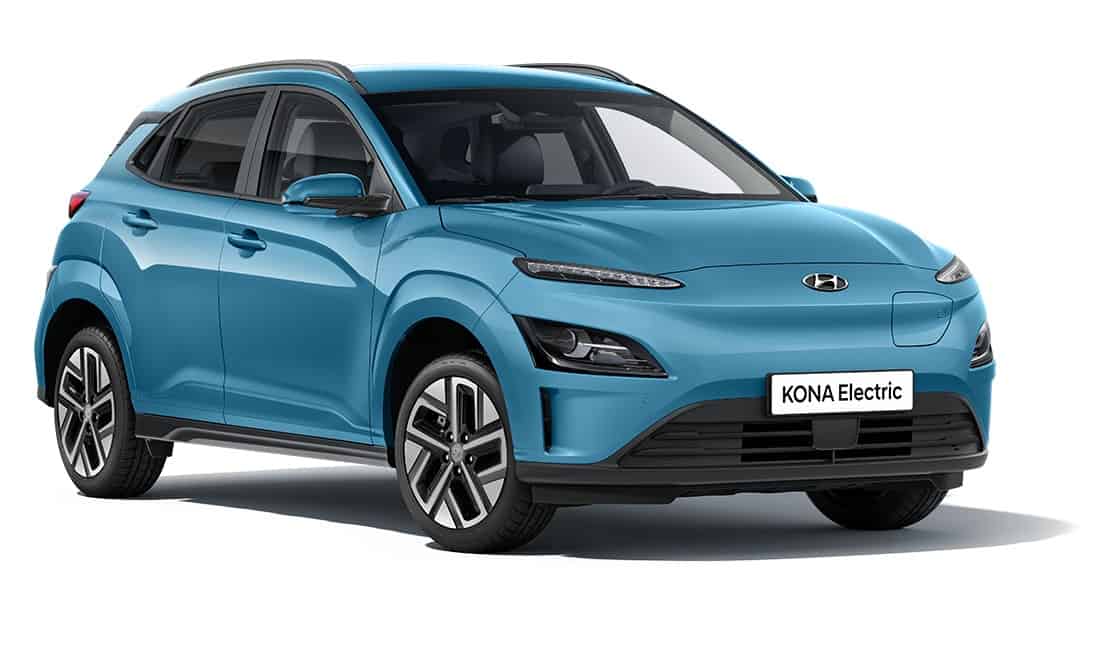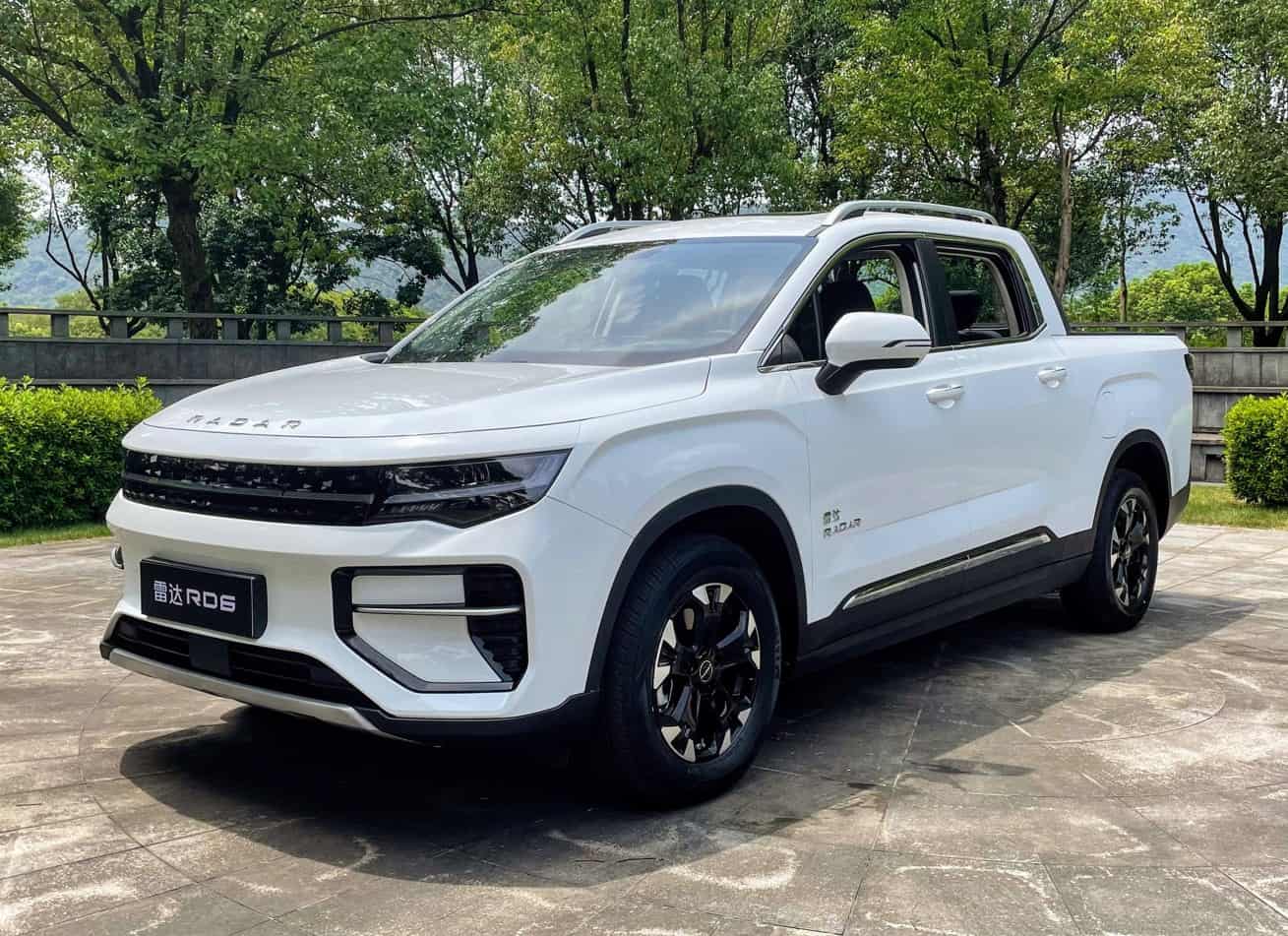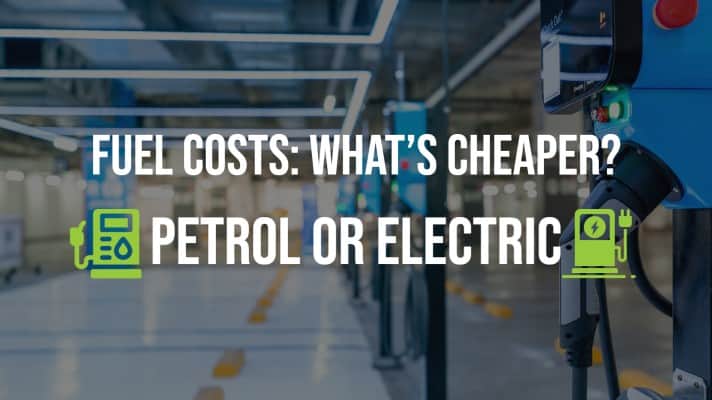Fuel Costs: What’s Cheaper, Petrol or Electric?
In the motoring costs slugfest, electric has been king for the last decade. Yet, we’ve seen huge prices over the last decade, petrol prices have spiked but electricity has surged! Yes, we all know electric is cheaper than petrol overall, especially via our salary sacrifice scheme, but if we just look at fuel costs alone, who is victorious?
Seconds Out, Let’s Have a Look At The 2 Contenders!
First up, we have the Hyundai Kona petrol:
- Power: 113 – 174 bhp
- 0-60mph: 8 – 11 seconds
- MPG (according to real-world data): 40 mpg
- Cost per mile – town: 20p
- Cost per mile – motorway: 22.5ppm
Next Up Is the Hyundai Kona Electric:
- 0-60mph: 8-10 seconds
- Power: 134 – 201 bhp
- Kilowatts per mile driven (KWpm): 0.25kW
- Cost per kW – off-peak home charging: 10p
- Cost per kW – motorway services charging: 80p
- Cost per mile – town: 2.5p
- Cost per mile – motorway: 20ppm
It looks like Round 1 to electric!
Find out more about electric vehicle costs – How much does it cost to charge an electric car?

Of Course, The Tale of The Tape Isn’t Everything
However, it certainly predicts the likelihood of a winner! Variables come into play, so there is no such thing as a “sure thing”, but let’s look at some of the pros and cons!
Petrol first, and this tried and trusted foe has canny ringcraft with a pedigree on the motorway where it’s sure to perform, however when the going gets slow, energy saps very quickly!
On the other hand, Electric is amazing at all those short bouts that petrol hates. However, electric can suffer in a longer, faster-paced bout. That said, petrol can be thirsty too once you push into that fast lane.
Verdict on round 2… electric just edges it!
Round 3: Weight-Carrying
In this middleweight clash, the electric does tip the scales (if not the scores!) with all of those batteries. Add 4 passengers and both fighters will tire, but the electric more so. Round 3, petrol is the winner.
Round 4: Where Is the Fight Fought?
In an inner-city fight, the electric would win all day every day! Lasting forever, despite testing conditions saving energy whenever it slows and conserving resources at will. In a fight in the open, it’s more even. It comes down to petrol needing a shorter break between rounds! However, on points… Round 4, electric takes the cake!

Round 5: The Network (The Decider)
As any pundit will testify, there is no substitute for experience… until the upstart upsets the established champ! As soon as the bell goes, electric is ready to go; 200 miles on-tap and on a regular electric tariff (35ppkw), that will set you back £18 for 200 miles.
Petrol starts slower, especially in the cold when the car needs warming and de-icing. That 200 miles will mean a trip to the petrol station, costing typically £36 – excluding the petrol to drive there, let alone the time! Every few “rounds”, electricity will need a longer break, 30 minutes for 200 miles at an Ionity point, and at £40, it’s the same as 200 miles in petrol at motorway services.
Don’t forget, a typical petrol stop is 12-17 minutes, and on average, you visit a petrol station 3 times a month. However, electric car users with a drive or garage only publicly charge 5 times a year.
And With That, We Have a Knockout Victory for Electric!
Electric totals 10,000 miles costing £1,000 and just 2 and a half hours spent filling away from home. Compare this to petrol, totalling £2,100 for petrol and a massive 9 hours a year spent filling publicly!
Of course, a few key facts can swing the tale of the tape. Switch to an electric car off-peak tariff and you’ll save even more, but if you can’t charge at home you could end up spending more time and money charging. Well, unless you can charge for free at one of the 5,000 free charge points in the UK, or if you’re like our team, charge at work for free!
We are missing one key fact, though…
Electricity will increase again in April, but it’s predicted to start dropping in price from 2024. Also, petrol is expected to run out in 40 years, and costs will only go one way!
Ladies and Gentlemen, in the question of whether petrol or electric is cheaper, I present the undisputed champion, electric!

